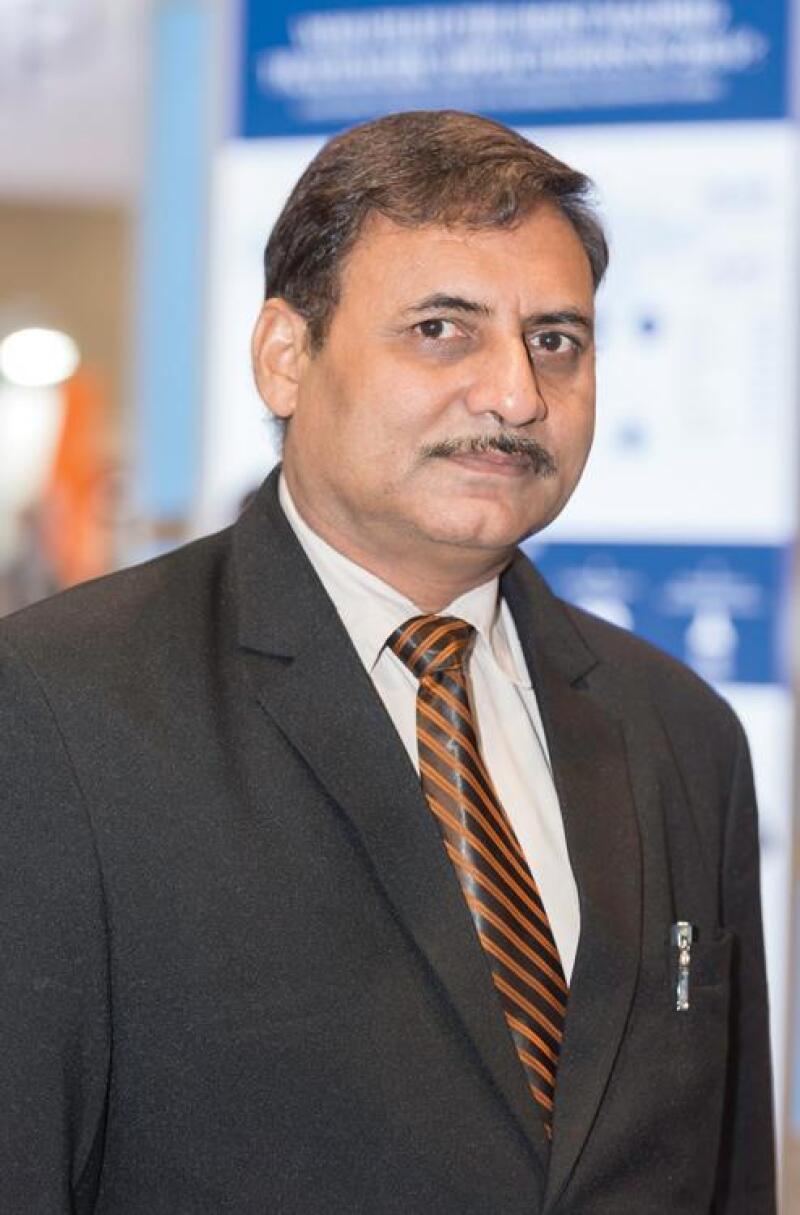
According to Ram Awtar Tiwari (pictured) of the Trade Marks Registry, this came in large part from a push from the top to improve service. “After 2009, our leaders concentrated on reorganizing the trademark registry,” he told the INTA Daily News. “Now, it has been completely implemented.”
The Madrid Protocol has played a major role in this improvement. In preparation for India’s accession to the Protocol, the Trade Marks Registry implemented a full-service e-filing system. In fact, Tiwari explained that Madrid applications in India may only be filed online, and that oppositions must also be filed digitally.
Increased automation, especially of routine tasks, is also helping. For example, oppositions filed online are logged immediately with the Registrar, while those filed by paper often take about a week to be logged. These changes have helped to reduce pendency time; in 2012-2013, the Trade Mark Registry actually examined more applications than it received, which should help address the backlog. Tiwari says that there are more improvements to come, and that the office is taking a “scientific” approach to improving its procedures.









